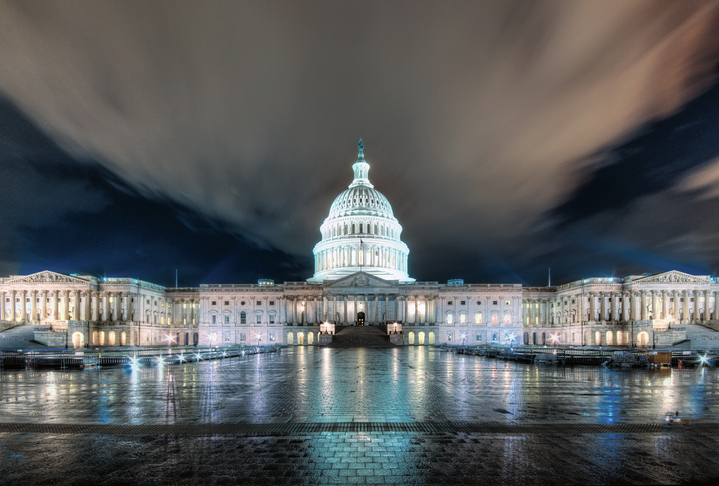Advocacy for robust federal funding to support domestic and global ID/HIV research and public health activities remains a critical priority for IDSA and HIVMA. A partial shutdown of the US federal government began on Dec. 22, 2018, when Congress and the administration failed to reach an agreement to fund the federal government. Several federal agencies, including the Department of Health and Human Services (which includes the Centers for Disease Control and Prevention, National Institutes of Health, HRSA’s Ryan White Program, and other health agencies), and the Department of Defense received their 2019 funding in earlier legislation and have not been affected. However, the Food and Drug Administration and global health programs funded through the State Department and USAID have not yet received their 2019 funding and are facing some impacts due to the shutdown.
At the FDA, activities that are funded by user fees, such as review and approval of new drugs, devices, and vaccines, will continue during the shutdown. About 40 percent of the FDA workforce is furloughed. FDA will continue to respond to emergencies, such as foodborne illness, and will continue recalls of any food, drugs or medical devices that pose a high risk to human health.
IDSA and HIVMA are continuing to assess the impact of the shutdown on US global health programs, including PEPFAR, global TB and global health security activities. Some activities continue based upon previously allocated funding, at least for a short period of time, though concerns persist about gaps or delays in funding for life-saving activities. CDC is fully operational and is a key implementer of PEPFAR as well as many global TB and global health security activities, which helps mitigate the impact of the partial federal government shutdown, at least in the short term. However, with many staff for the State Department and USAID furloughed many activities may be slowed or come to a halt.
On the first day of the new Congress, Jan. 3, the House of Representatives passed legislation (HR 21) to reopen and fully fund most of the agencies affected by the shutdown through 2019. The bill would only extend funding for the Department of Homeland Security through Feb. 8 to allow for negotiations regarding funding for a wall along the US Mexico border to continue. This bill included a $50 million increase for PEPFAR, a $14 million increase for USAID TB activities, and a $6 million increase for the USAID neglected tropical diseases program. The President has indicated he would not support any legislation to reopen the federal government that does not include funding for the border wall. The Senate is unlikely to vote upon legislation that the President opposes.
IDSA will continue urging Congress and the administration to reach an agreement quickly to reopen and fully fund the federal government, including providing much needed new investments to global ID and HIV programs. Simultaneously, IDSA and HIVMA are already advocating for robust funding increases for all our priorities for the 2020 federal budget, as Congress will soon be working on this package, particularly for agencies not impacted by the current shutdown.


